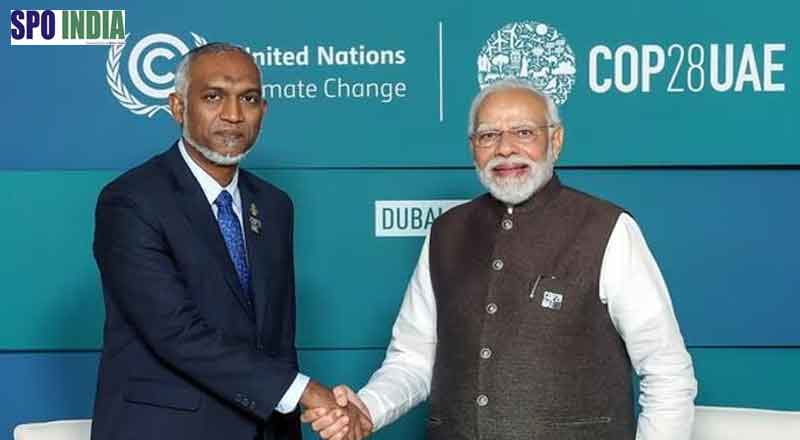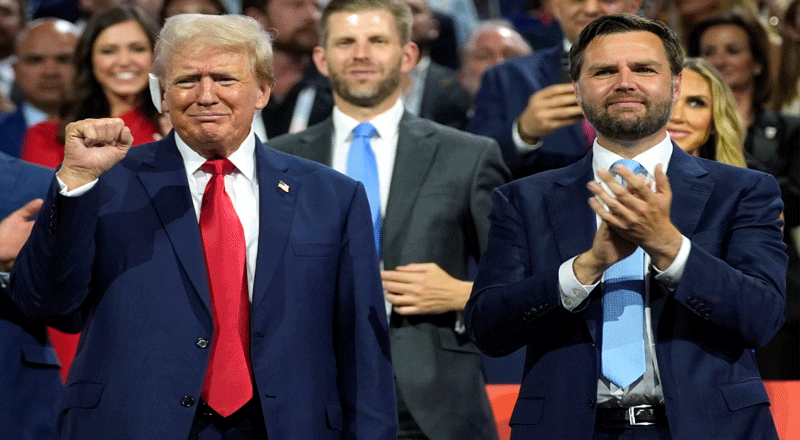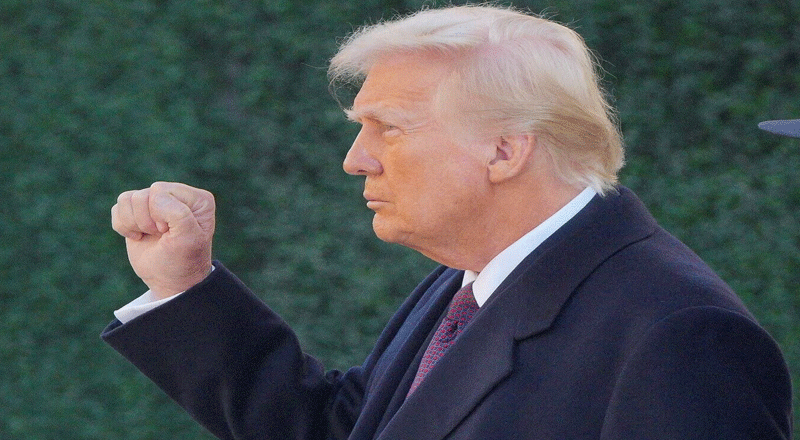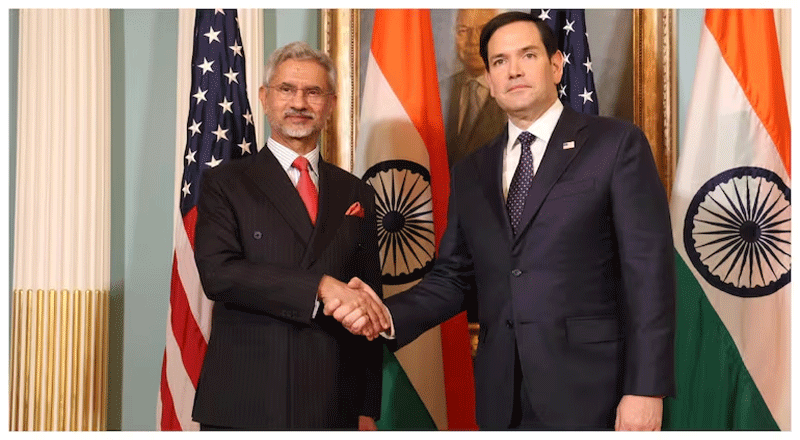- Prime Minister Narendra Modi extended warm greetings to Maldives President Mohamed Muizzu on the occasion of Eid-Al-Adha.
- The relationship between India and the Maldives has seen fluctuations in recent years, influenced by geopolitical shifts and strategic alignments.
- President Muizzu’s attendance at PM Modi’s swearing-in ceremony was a symbolic gesture reflecting a mutual desire to renew and deepen diplomatic engagements.
- The strategic significance of these interactions is heightened against the backdrop of increased Chinese engagement in the Maldives.
- On the military front, recent transitions of Indian military personnel in the Maldives to civilian roles demonstrate ongoing cooperation in humanitarian and security missions.
In a significant diplomatic gesture, Prime Minister Narendra Modi extended warm greetings to Maldives President Mohamed Muizzu on the occasion of Eid-Al-Adha, emphasizing the festival’s values of sacrifice, compassion, and brotherhood. This outreach comes amidst a backdrop of evolving relations between India and the Maldives, marked by recent diplomatic engagements aimed at strengthening bilateral ties and regional stability.
The relationship between India and the Maldives has seen fluctuations in recent years, influenced by geopolitical shifts and strategic alignments. President Muizzu’s attendance at PM Modi’s swearing-in ceremony for his third consecutive term underscored a potential thaw in bilateral relations, following a period of strained ties. This symbolic gesture was a pivotal moment, reflecting a mutual desire to renew and deepen diplomatic engagements.
According to a statement by the Indian embassy in the Maldives, PM Modi’s message highlighted the significance of Eid-Al-Adha in promoting values essential for fostering a peaceful and inclusive global community. This message not only celebrated the religious festival but also reiterated India’s commitment to nurturing strong ties with its neighbors in the Indian Ocean region.
President Muizzu’s visit to India earlier marked a turning point in bilateral relations, with the Maldivian leader describing the trip as successful and expressing optimism about the future of Indo-Maldivian cooperation. During his visit, Muizzu engaged in high-level meetings with PM Modi, President Ram Nath Kovind, and External Affairs Minister S Jaishankar, discussing a range of issues from economic cooperation to regional security.
The strategic significance of these interactions is heightened against the backdrop of increased Chinese engagement in the Maldives. While Muizzu initially leaned towards China, recent developments suggest a recalibration in Maldives’ foreign policy to balance regional interests and maintain sovereignty. Chinese President Xi Jinping‘s birthday wishes and the subsequent meeting with Maldivian officials underscore China’s strategic interests in the Indian Ocean archipelago.
On the military front, recent transitions of Indian military personnel in the Maldives to civilian roles demonstrate ongoing cooperation in humanitarian and security missions. This transition aims to ensure the continuity of critical operations, including medical evacuations and humanitarian assistance, which are vital for the Maldives’ security and stability.
Looking ahead, both India and the Maldives are poised to enhance their cooperation across various sectors, including maritime security, economic development, and cultural exchanges. The shared commitment to regional peace and stability remains a cornerstone of their bilateral engagements.
In conclusion, PM Modi’s greetings to President Muizzu on Eid-Al-Adha and the subsequent diplomatic engagements reflect a positive trajectory in India-Maldives relations. As both countries navigate complex geopolitical landscapes, the mutual respect for sovereignty, cultural affinity, and shared strategic interests will continue to guide their partnership towards greater prosperity and regional cooperation in the Indian Ocean region.
(With inputs from agencies)





